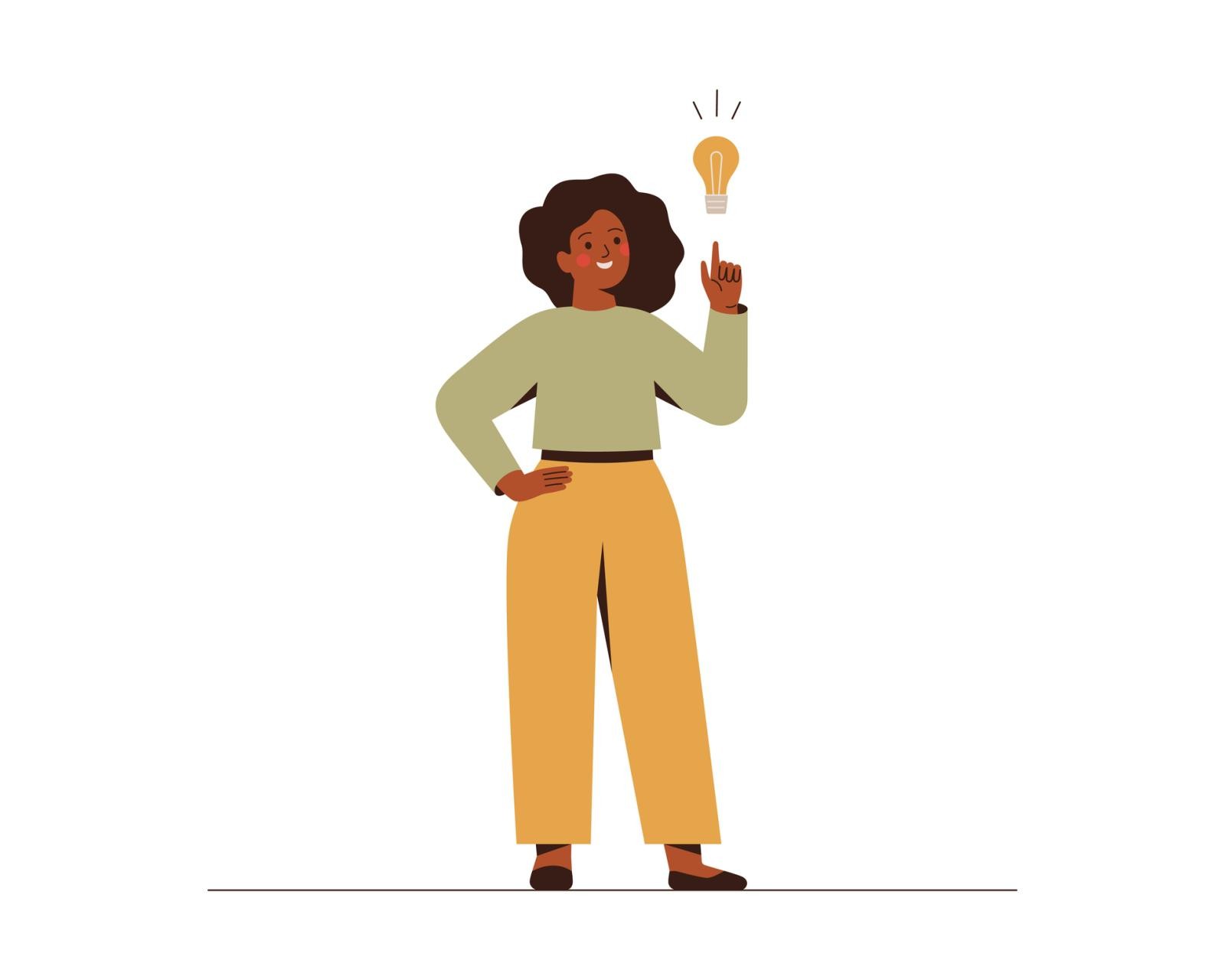Pitch HU started out two years ago as a way for members of the Howard community to be educated on business idea development and to pitch their ideas, with the best ones winning funding to execute their visions. Think “Shark Tank” meets the Mecca.
The program, administered by the Howard University Office of Research, has become widely popular and the business pitches have been coming in fast and varied. Finalists have pitched a venture to support people with mobility challenges, an app to provide mental health services for Black athletes, and even an online cocktails-to-go service.
“We are meeting the greater Howard diaspora wherever they are around the world,” said Terry Adams (BS ’85, MS ’88), who developed the PitchHU in the Howard University Office of Research in partnership with Fiserv Corporation and Humble Ventures. “We are continuing to build our plans going forward.”
This year, the program had 27 applicants, with most proposals originating from Howard alumni, staff, and students. Business founders included married couples, a Howard medical student, and brother and sister combo. Many applicants have been entrepreneurs already; they are running their businesses or are within months of starting up operations. The top pitches received between $5,000 and $15,000.
A majority of the pitches have been tech-oriented, although there were also traditional brick-and-mortar businesses, like restaurants. Many are designed to support and uplift the Black community.
Emanuel McGirt Jr. and his sister, Camille McGirt, are developing a mental health app designed with Black college athletes in mind.
“A lot of schools don’t have anybody athletes can directly talk to in the departments,” Emanuel McGirt said. “A lot of smaller schools don’t have mental health clinicians on staff and only the big schools have sports psychologists.”
He said even at well-staffed large universities, Black athletes can experience isolation when seeking out mental health services.
“We know that 52% of Division I football players are Black and a lot of people they may have to talk to about mental health are non-Black, don’t look like them, and don’t understand their experience.”
Adams said the Office of Research is planning to expand the program. The office is in the midst of developing GrowHU, a business accelerator program targeting more mature small businesses that will launch later this year.
Article ID: 961




